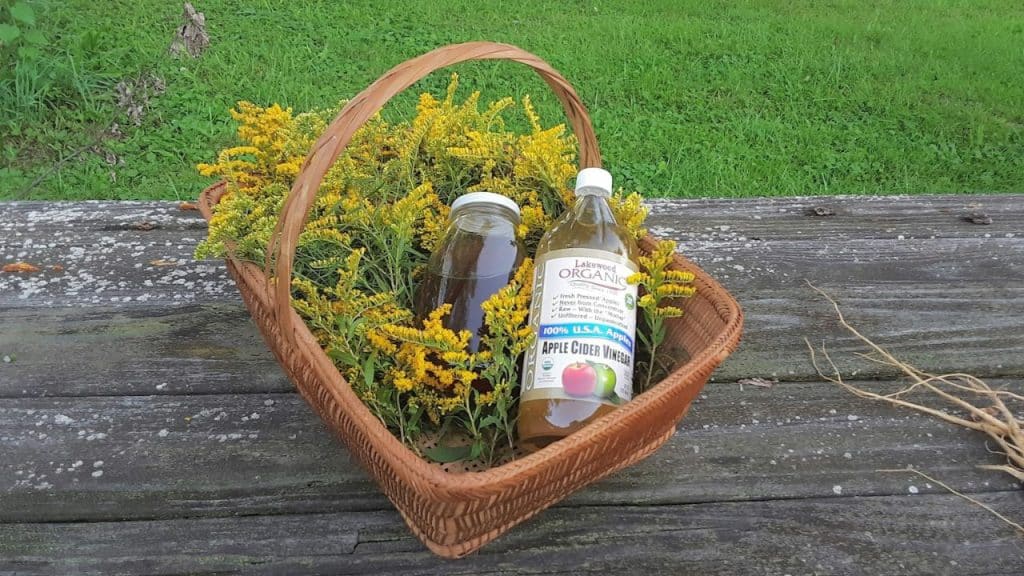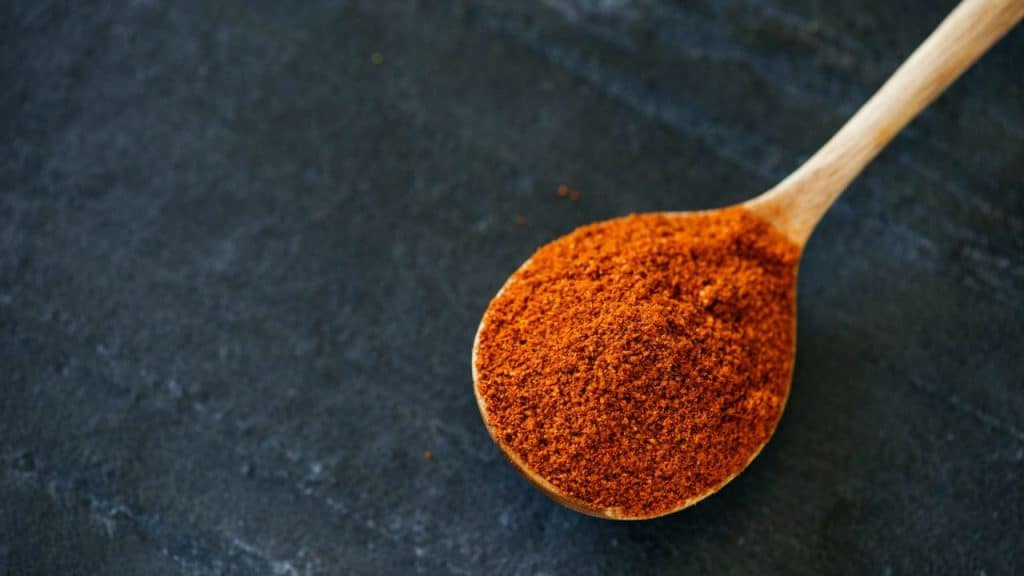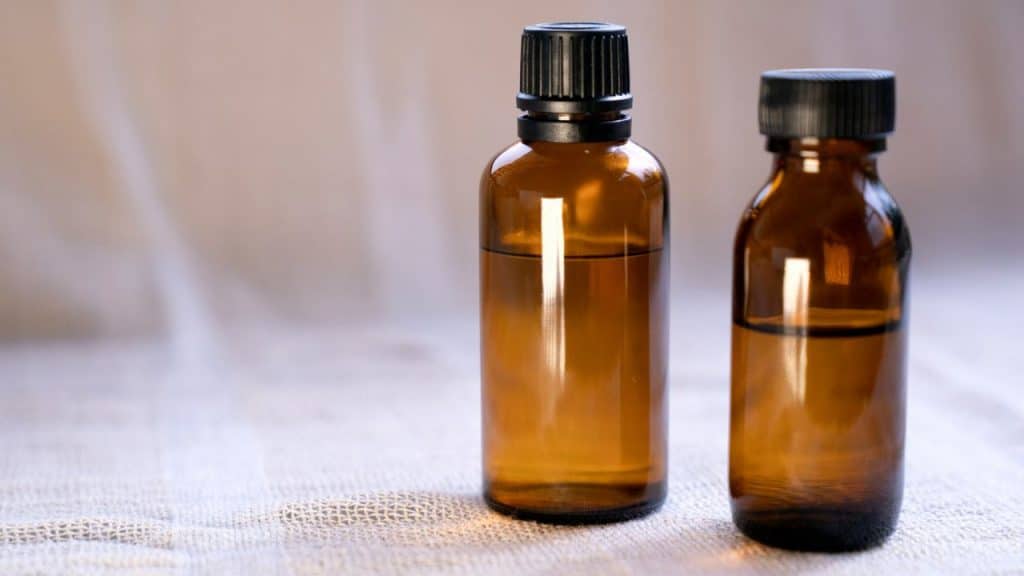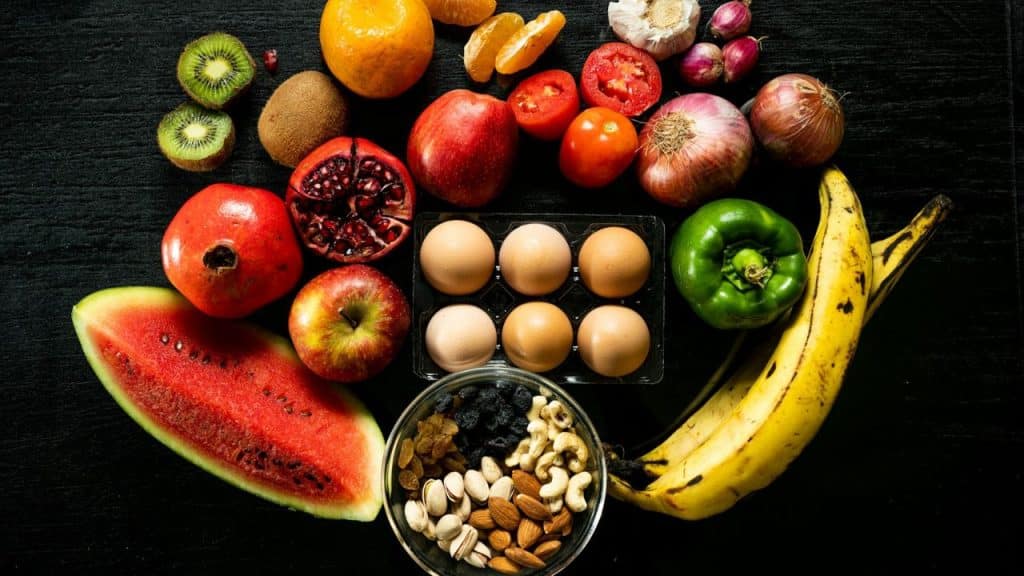
If you’re juggling meetings, workouts, and family time, nagging joint aches can hold you back from your best. You might chalk it up to office-dweller knees after a day at the desk or weekend warrior hips after a round of golf. Before reaching for over-the-counter pills, consider exploring natural home remedies that fit your routine. These home remedies can help you stay on track without derailing your day.
Apple Cider Vinegar Compress

The mild acidity of apple cider helps break down deposits around joints and may reduce swelling when used daily. To prepare the compress, soak a clean cloth in a mixture of equal parts apple cider vinegar and warm water, then wring out the excess and apply it to aching knees or hips.
You can secure the compress with a bandage or kitchen wrap for twenty minutes while you catch up on emails or stretch out on the couch. This simple method allows you to treat both knee and hip pain without the need for fancy gadgets. Just be sure to rinse your skin after and moisturize if it feels tight.
Turmeric and Ginger Tea

You might think a cup of spiced tea is just a cozy ritual, but turmeric’s curcumin compound has been shown to help calm inflammation around both your knees and hips. The ginger adds a warming bonus that soothes tight muscles after a long day at the desk or a weekend pickup game. This tea can be a practical addition when you face stiff knees or achy hips. It’s gentle enough for daily use and free from the side effects that pills sometimes bring.
Epsom Salt Soaks

Epsom salt contains magnesium that helps calm inflammation and release tightness in your knees and hips. To prepare, simply fill a tub or basin with warm water, stir in two cups of salt until it dissolves, and settle in for about fifteen minutes. Doing this two or three times a week—perhaps before bed—helps your muscles to relax and your joints to reset. Beyond easing soreness from busy days or weekend adventures, these soaks can promote better sleep and a livelier step the next morning.
Omega-3 Foods for Joint Health

Omega-3 fatty acids help support healthy joint function by reducing inflammation that targets both knee and hip cartilage. You don’t need to overhaul your grocery list—just swap one beef dinner per week for a salmon fillet or blend a spoonful of flaxseed into your post-workout smoothie.
You can also slide fatty fish like salmon or sardines into your weekly menu, or sprinkle chia seeds on your morning yogurt. If cooking fish isn’t your style, consider adding walnuts or a plant-based omega-3 supplement after checking with your doctor. Over time, these small swaps can make your joints feel more resilient during long workdays or weekend hikes.
DIY Cayenne Pepper Rub

Cayenne pepper’s capsaicin eases pain by nudging your nerves to reduce key pain signals. To whip it up, mix a teaspoon of cayenne with two tablespoons of coconut oil and a drop of vanilla extract, then warm gently. Massage the blend around sore knees or hips before a workout or after a long commute for a warming relief that smooths into lasting comfort. Store the mix in a sealed jar in the fridge, test a small patch first, and enjoy better mobility without extra gear.
Alternating Warm and Cold Packs

Grab two cloth packs: one chilled in the freezer, one warmed in the microwave. Apply the warm pack for 10 minutes to loosen tight muscles around your knee or hip, then switch to the cold pack for 10 minutes to help calm swelling. Repeat this cycle twice for a total of forty minutes, then let your joints rest. This simple push-pull method boosts circulation and eases both stiffness and inflammation without the need for pills.
Essential Oils for Joint Relief

Frankincense and lavender oils can help calm inflammation and ease muscle tension in your knees and hips. Simply mix three drops of each oil into a teaspoon of carrier oil like sweet almond or jojoba, then gently massage the blend into sore areas. Do this twice daily—morning and evening—to let the oils absorb and provide ongoing support. Keeping your mix in a dark glass bottle preserves its potency, and the brief ritual of breathing in the scent offers a welcome mental break during a busy day.
Foods That Fight Inflammation

Everyday staples like processed snacks, fried foods, and excessive red meat can contribute to joint inflammation as you age. Swapping those out for colorful veggies like spinach, peppers, and berries, along with a handful of nuts or seeds, provides your body with antioxidants and healthy fats that help defend knee and hip tissues. Try blending spinach into your morning smoothie or sprinkling walnuts over a salad for an easy upgrade. Over time, these swaps help your body repair the tiny wear and tear on cartilage, leading to less morning stiffness and more energy for your daily activities.
Low-Impact Dance Moves

If your dance skills peak at “two-step in the kitchen,” you’re in good company. This is about fun, not auditions. So pop on a steady-beat playlist and spend 10 to 15 minutes on sidesteps, gentle grapevines, or box steps. These low-impact moves boost blood flow around your knees and hips without the joint-jarring impact of running. You’ll loosen up tight muscles, lift your mood, and burn calories, all while giving your knees and hips a break. No dance experience required; just keep it light and enjoy the rhythm.
Signs to See a Doctor

If home remedies aren’t easing your joint pain after two weeks or you notice sudden swelling, locking, or intense discomfort, it’s time to get professional input. Persistent sharp pain in your knee or hip may signal an underlying issue, such as a meniscus tear or bursitis, that requires targeted treatment. Don’t ignore red flags such as a fever, redness around the joint, or difficulty bearing weight. A quick check-in with a sports medicine specialist or orthopedist can help rule out any serious issues and ensure you can safely incorporate these natural home remedies alongside any prescribed plan.






Ask Me Anything